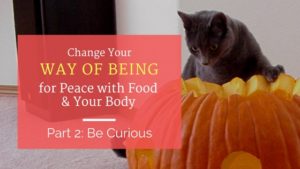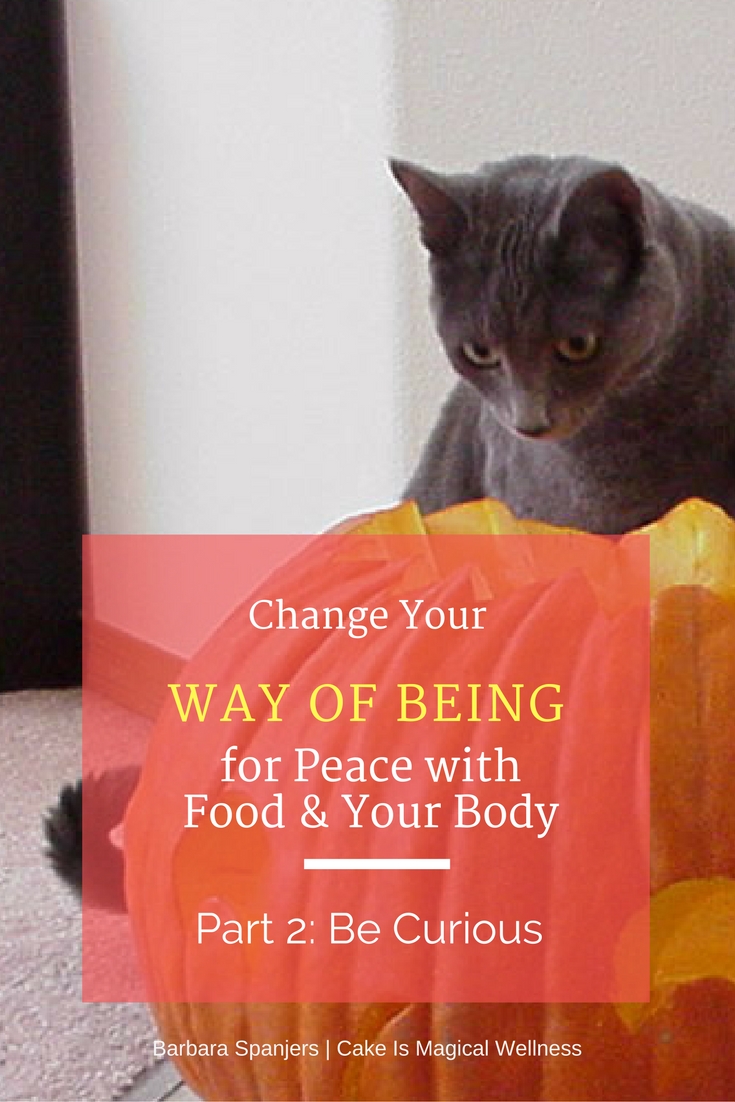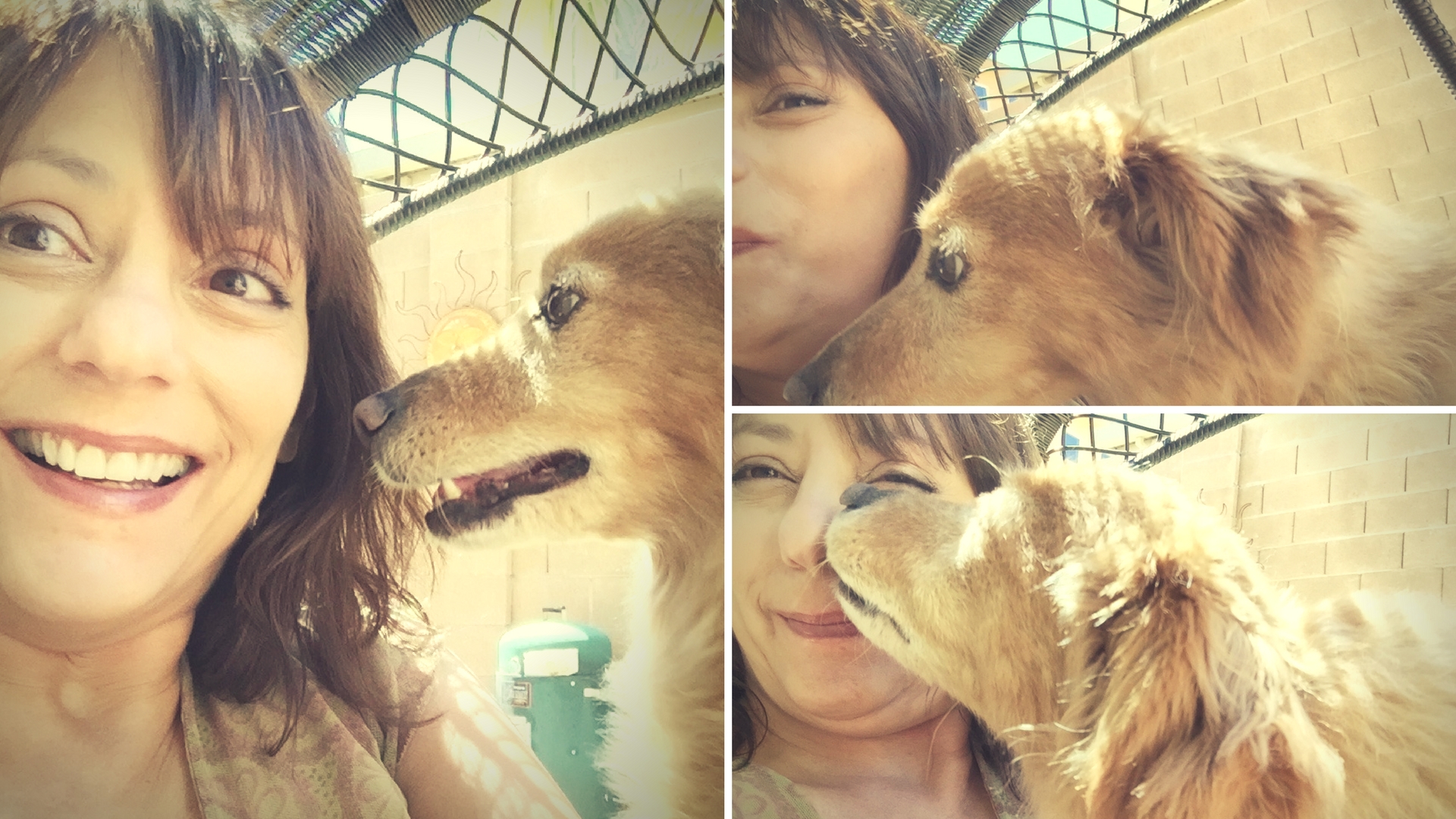 So much unhappiness and downright misery comes from judgment. Every time you tell yourself “I should” or “I shouldn’t,” it’s setting you up for feeling guilt, shame, and self-loathing. In the Universe, there are some real shoulds and shouldn’ts, of course. Like don’t abuse children. And don’t drink and drive. [Tweet “When you tell yourself “I shouldn’t,” you’ll likely feel guilt, shame, and self-loathing”]
So much unhappiness and downright misery comes from judgment. Every time you tell yourself “I should” or “I shouldn’t,” it’s setting you up for feeling guilt, shame, and self-loathing. In the Universe, there are some real shoulds and shouldn’ts, of course. Like don’t abuse children. And don’t drink and drive. [Tweet “When you tell yourself “I shouldn’t,” you’ll likely feel guilt, shame, and self-loathing”]
When it comes to eating, though, there are very few real shoulds and shouldn’ts. If you are allergic to peanuts, then of course you shouldn’t eat them. But most of the other rules you hear about what you should and shouldn’t eat are not evidence-based. And although they may be well-intentioned, they often end up making us feel guilty and angry at ourselves for “failing.”
So instead of being all judgey, try curiosity instead. If that’s hard to wrap your head around, think like a toddler. Toddlers rule the world of curiosity. Without preconceived notions about what to expect (AKA no judgment), toddlers are expert checker-outers. They’re mini scientists:
What happens when I drop this dish of applesauce off my high chair?
Isn’t it interesting that the cat runs away when I come close?
Take that toddleresque nonjudgmental curiosity and put it towards eating. Instead of don’t/can’t/should/shouldn’t, substitute phrases like:
- “I wonder…”
- “It’s interesting…”
- “What will happen…”
- “I notice…”
I wonder… if I will sleep better if I eat a snack before bed instead of fasting after 7:00?
I wonder… why my mom gets so critical when the whole family is together?
I notice… that I want to eat even though I’m not physically hungry.
I notice… that when the whole family is together I feel like eating.
What will happen… if I order the meal I want instead of what everyone else is having?
It’s interesting… that I’m hungrier than I thought I was
Whenever you feel negative feelings about yourself, see if you can think of a nonjudgmental, curious statement instead. You’ll see that there are many situations where the emotional component isn’t a given. Instead, it’s a product of the stories you are telling yourself.
The next article of this blog series will focus on being compassionate towards yourself.







